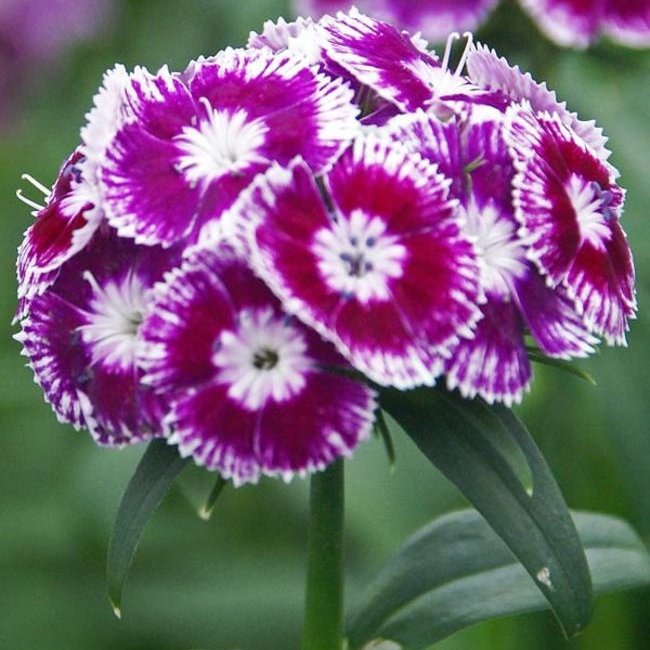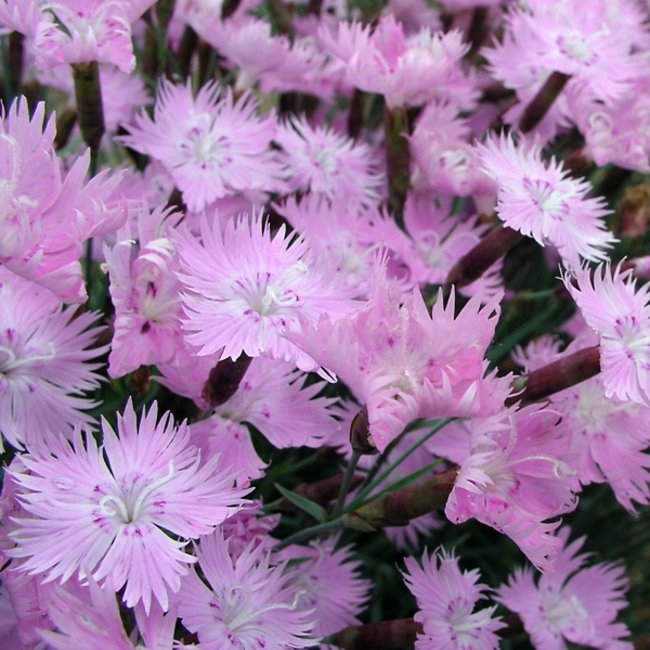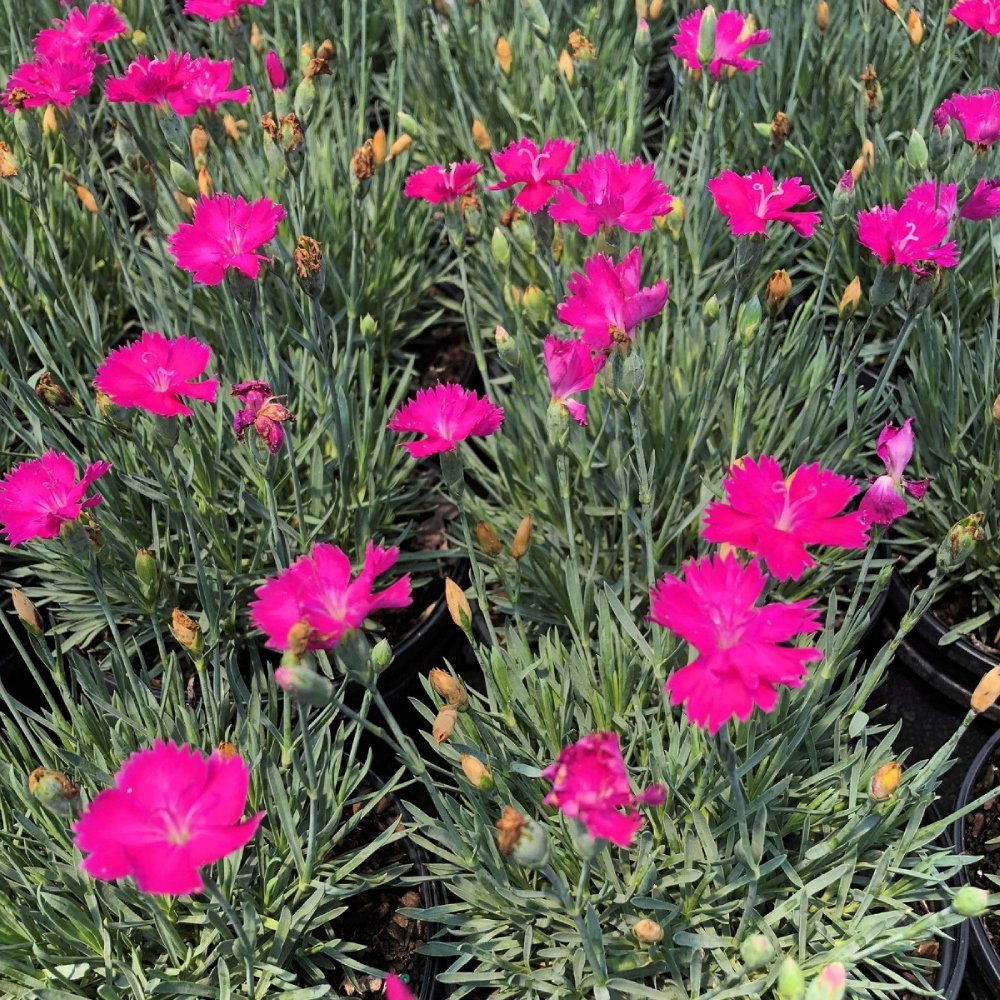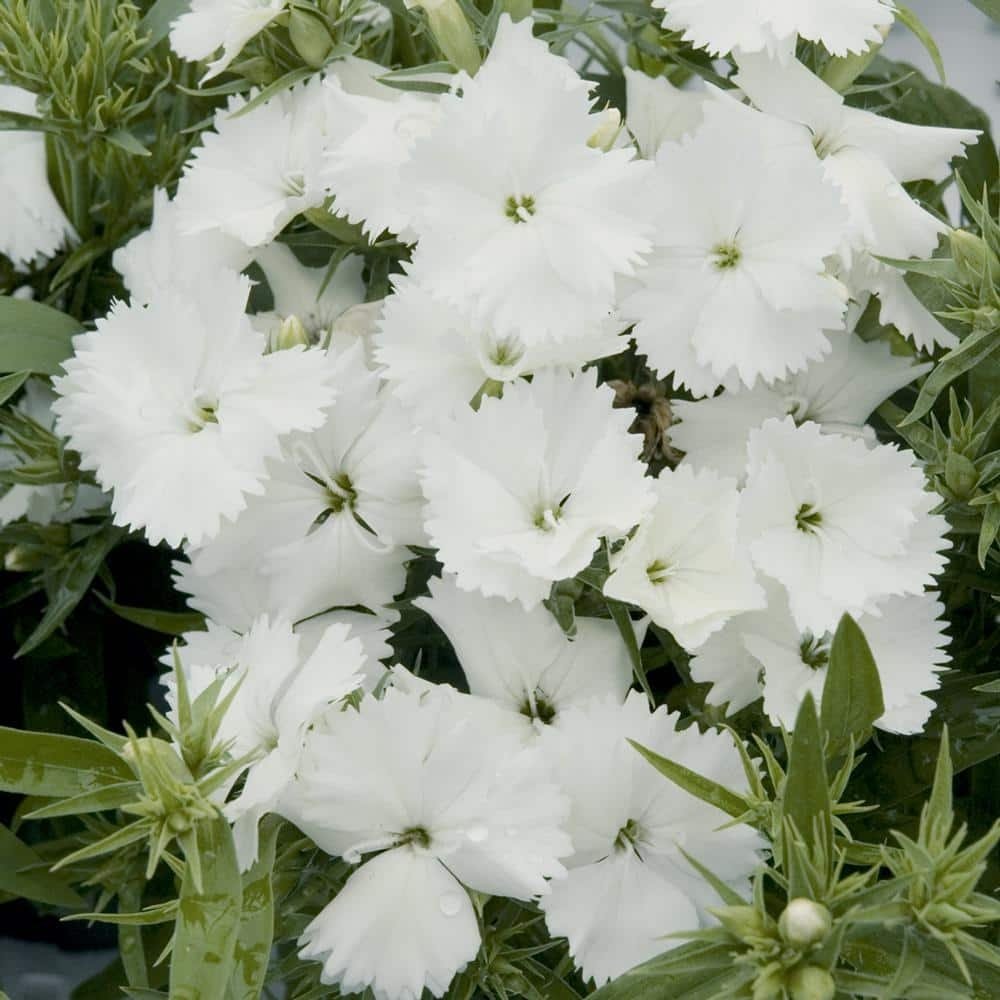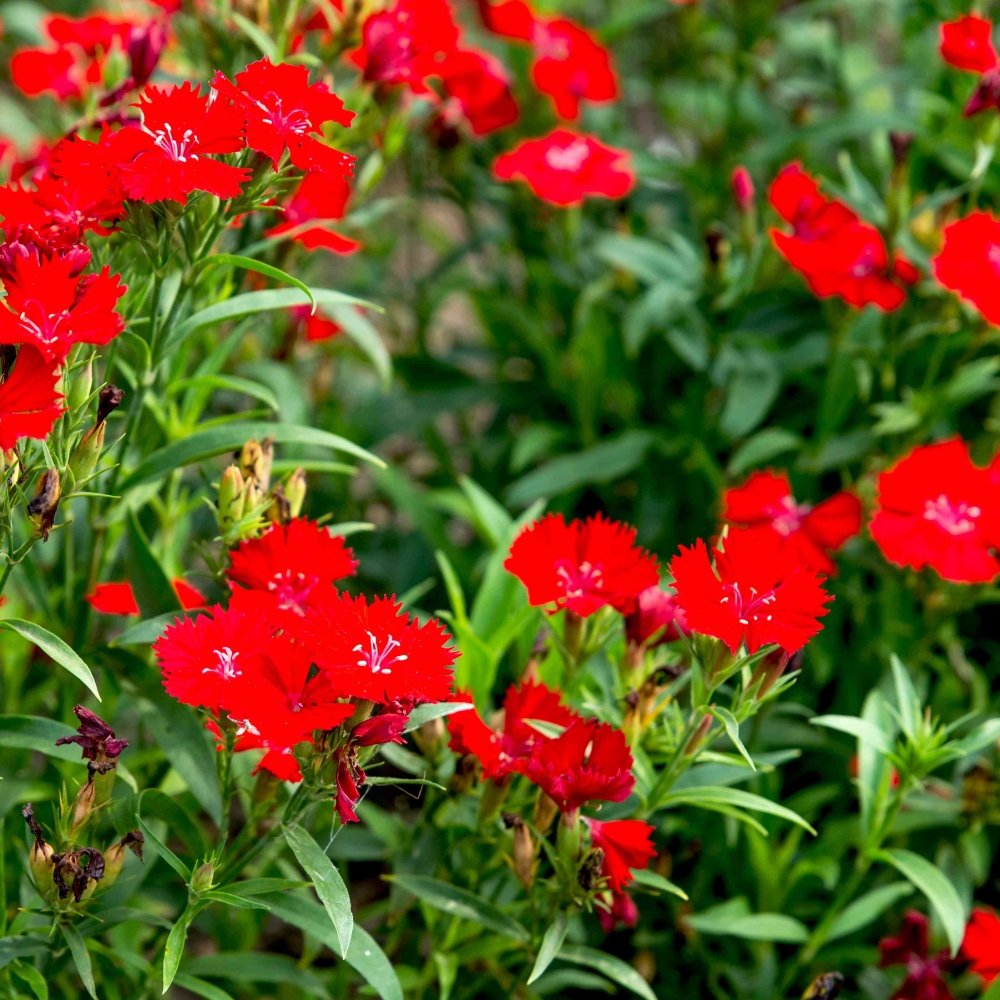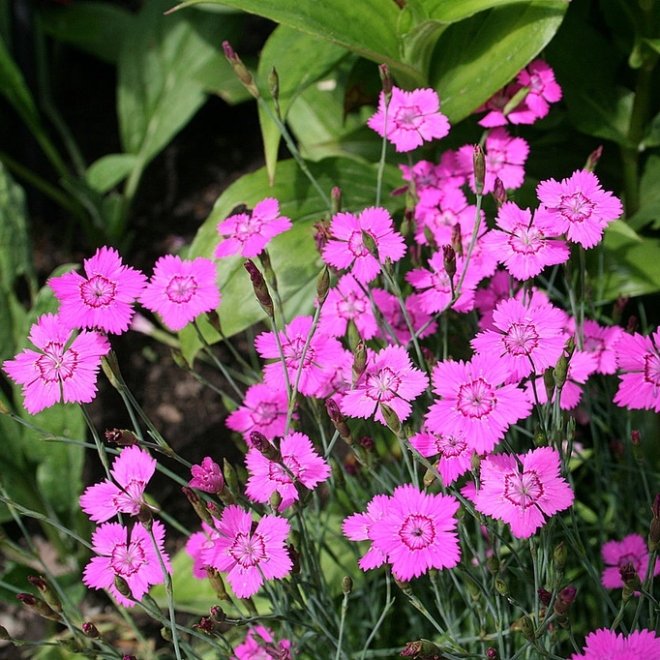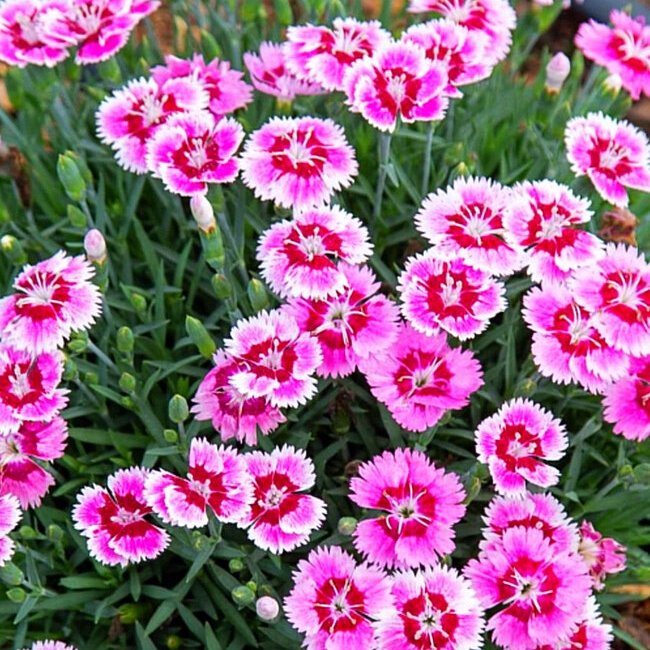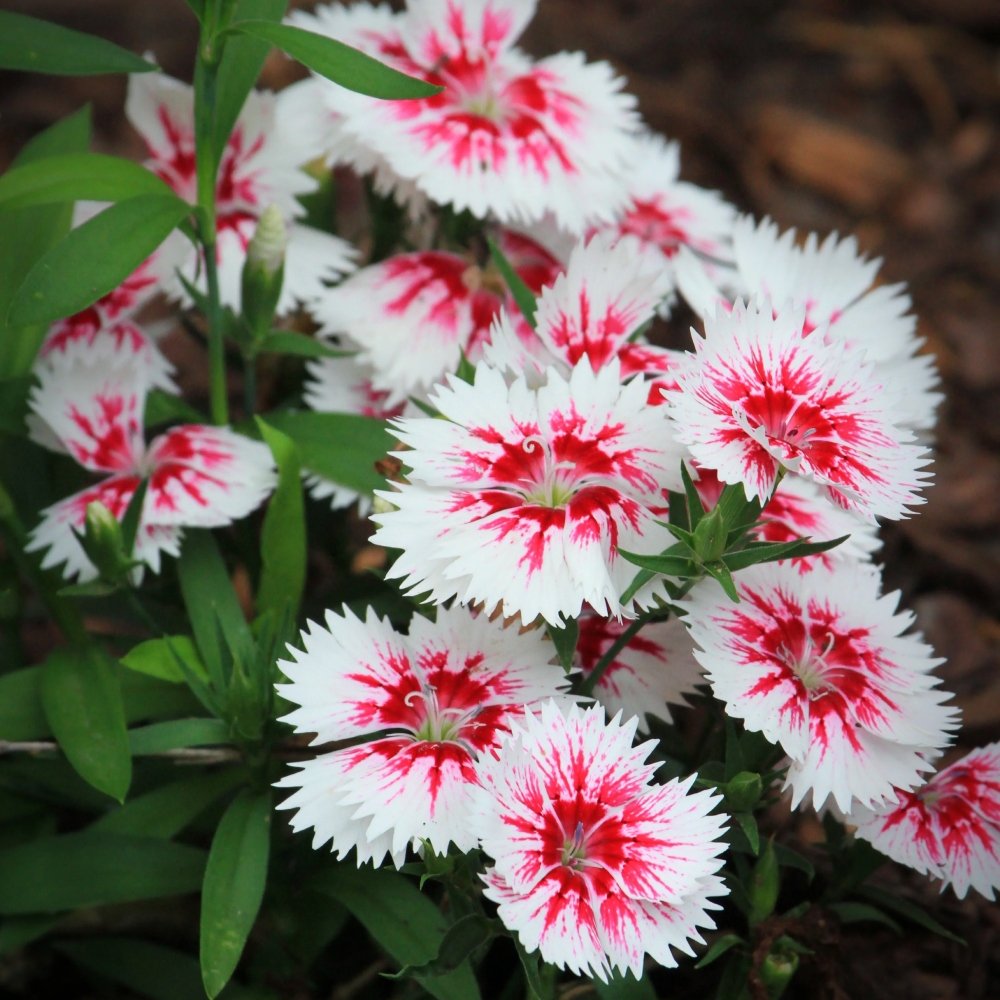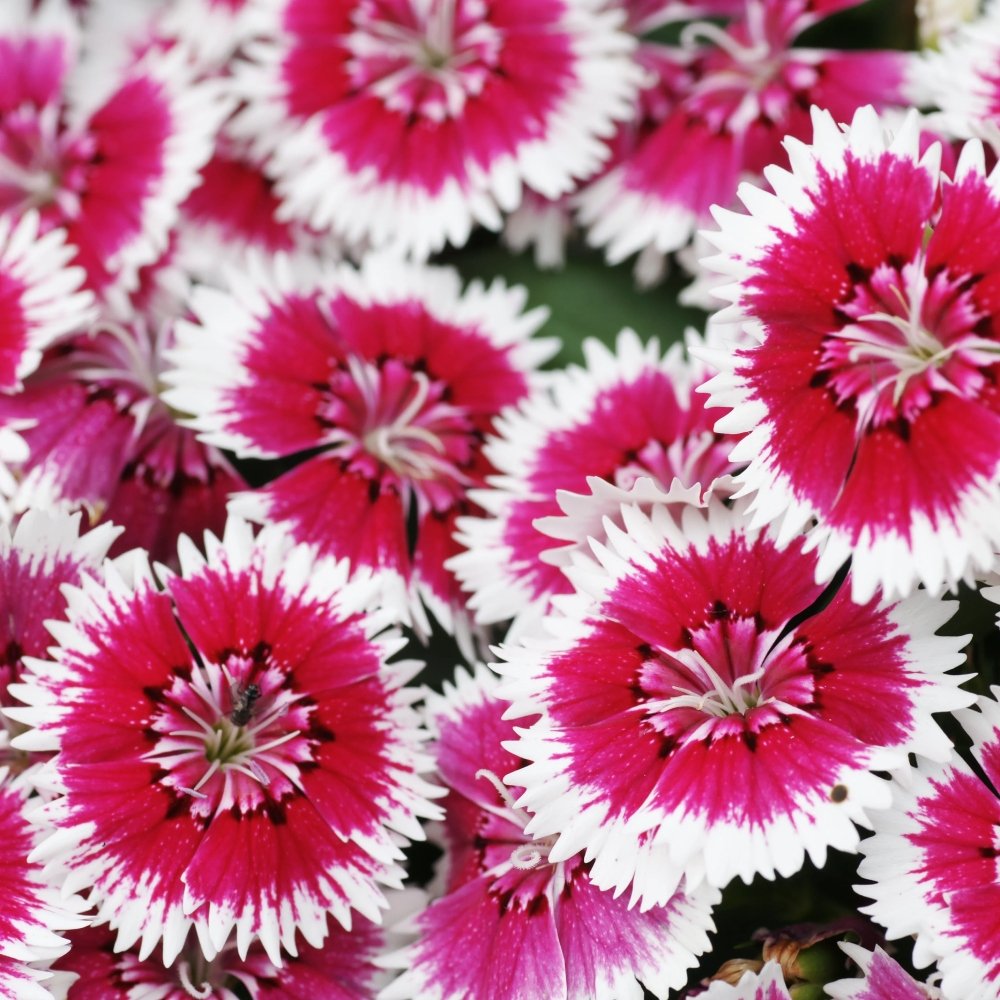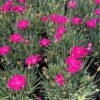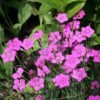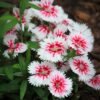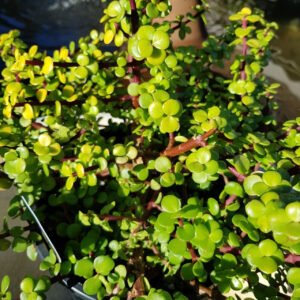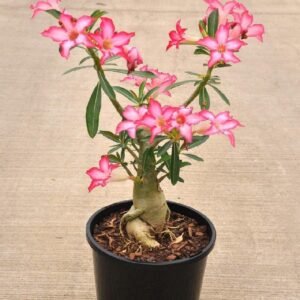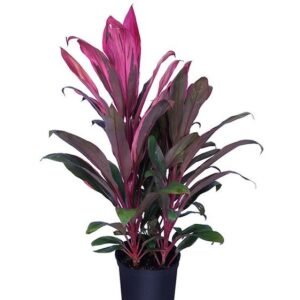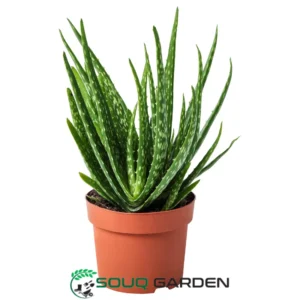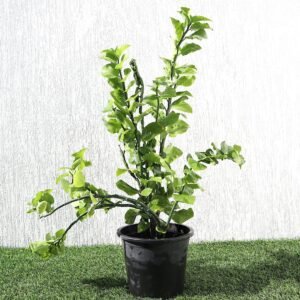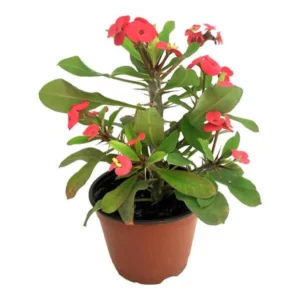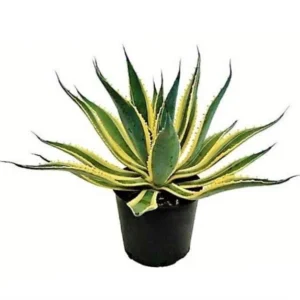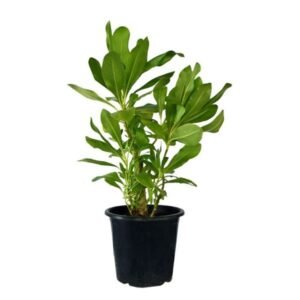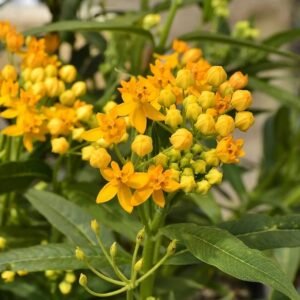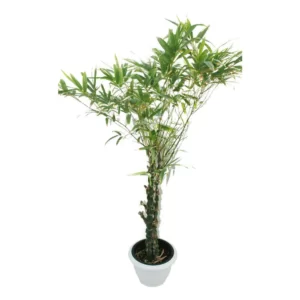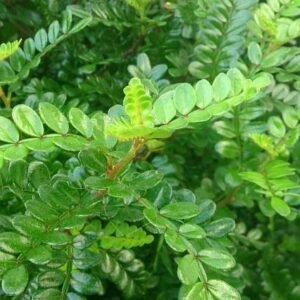No products in the cart.
| Scientific name | Dianthus |
| Common name | Carnation, pink and sweet william. |
| Temperature requirement | 25-35 °C |
| Humidity | 40-50% |
| Light | Full Sun to Part Shade |
| Watering | Water everyday &keep moist |
| Pests | Spider mites green flies ,snails and aphids |
| Pet friendliness | Toxic to pets and humans |
| Maximum plant height | 20-70cm |
| Potting mix | potting soil/Red soil/manure/perlite |
| Pot requirement | Good drainage & repot every 1-2 years |
| Nutrition | Apply Manure for first 15 days and NPK for next 15 days |
| Pruning & training | Remove dead & diseased leaves with sterile shears |
| Common color & season | white, pink, red, magenta, neon yellow, champagne, purple and two-coloured |
| Description | The carnation, dianthus likes sunny, wind-protected locations, which enable it to develop nicely. This applies to growth as well as colour intensity and odour development. If you choose a half-shaded place, the Dianthus will become less opulent.Preferable soil conditions are humous, nutrient-rich soil moderately damp permeable mainly chalky soil neutral pH-number below 7.0.Most kinds of Dianthuscarnations dislike dampness and manage well in dryness. That’s why they should only be watered moderately and not until the soil is almost completely dry. You can easily test that by pressing your thumb into the flower soil. If you can’t push it deeper than two centimetres, you can water the flower.Although carnations don’t need much care, they enjoy manure. An organic start fertilizer is recommended when replanting or repotting fully-grown carnations. Apart from that, complete fertilizer should be added before blooming time in spring. After pruning back the sprouts and before a new blossom period, mineral fertilizer advisable. It should be used sparingly, because carnations are light feeders. plant can be propagated by seed & cutting. |


